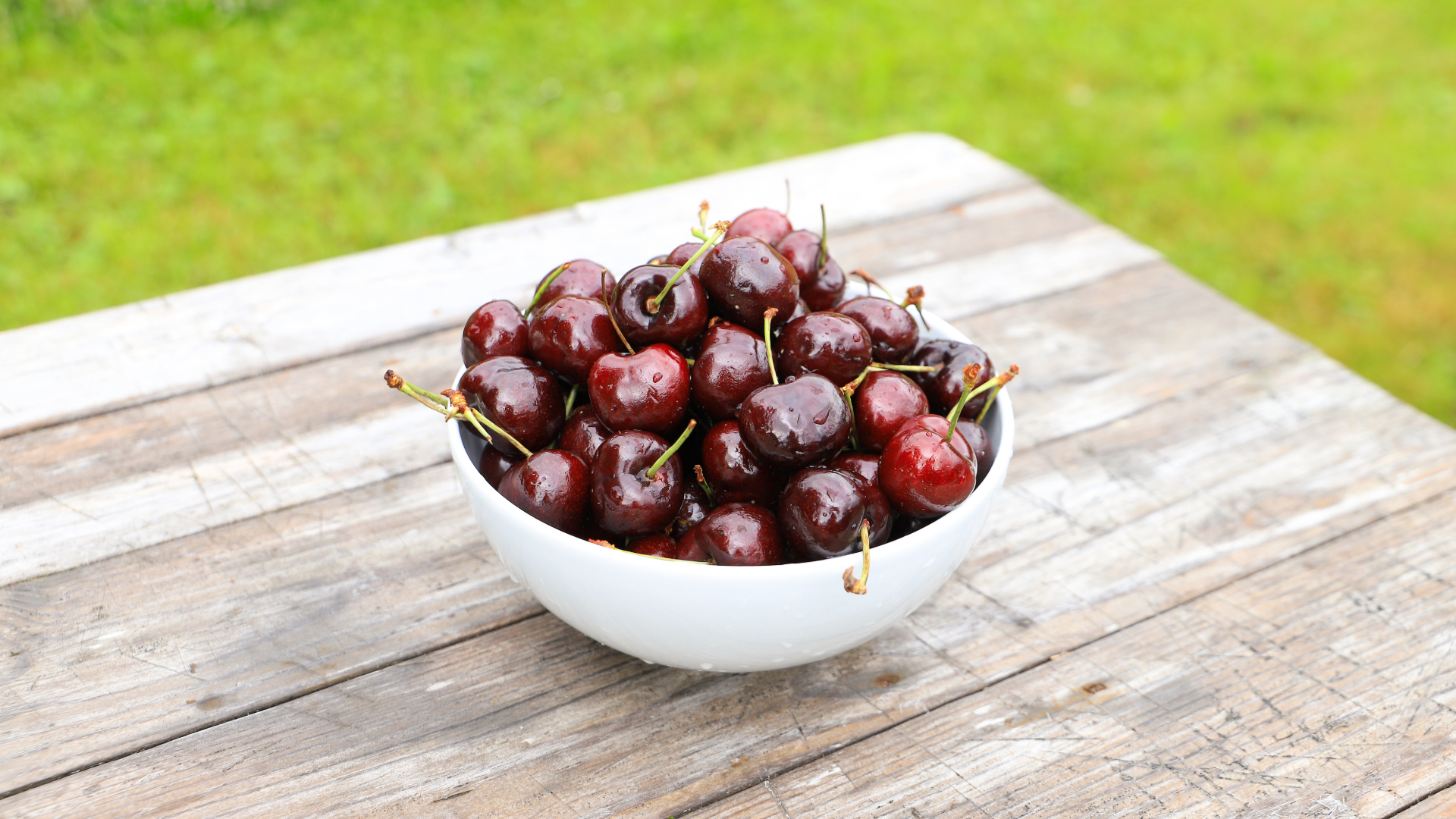
Ozone against fungal diseases on packaged carrots and sorted morels
Deterioration of carrots due to tip rot results in a loss of quality and food waste. In the production of morels, farmers struggle with several fungal diseases that can cause large production losses. Can ozonated water save these foodstuffs?
Fungal diseases
Up to 30% of Norwegian root vegetables are destroyed during storage. The biggest challenges during the storage period are loss of humidity and fungal diseases. "Tip rot" causes a large proportion of the waste before the product gets accessible to the consumer. Tip rot is seen as a darkening of the root tip, which is particularly common in carrots. In the production of morels, several different fungal diseases may cause large production losses. After a summer with lots of rain, like in 2022, morel farmers in Western Norway suffered with major financial losses because of these problems.
Ozone
Ozone (O3) has a strong impact on a wide range of microorganisms such as viruses, bacteria and fungal spores and has been used as a disinfectant in the food industry and in water treatment plants throughout the world for several years. It has also been shown that treatment with ozone can extend the shelf life of various foodstuffs. In Norway, ozone is used for disinfection of equipment and manufacturing premises, as well as for water treatment. In the US, ozone is approved by the US Food and Drug Administration (FDA) for the antimicrobial treatment of meat and other foodstuffs.
Shelf life

It has been reported that ozone can extend the shelf life of carrots, but there has been little research into whether ozone has an impact on the development of tip rot, or what impact ozone has on fungal diseases in morels. How ozone affects sensory properties such as smell and colour after processing and storage is also little investigated.

